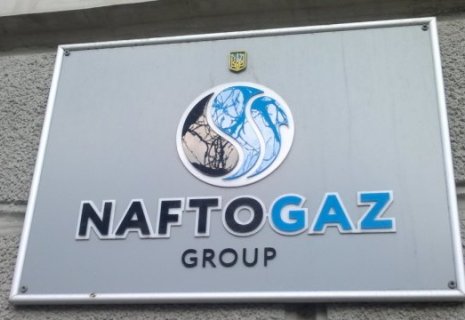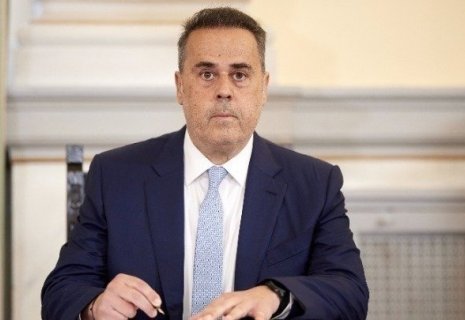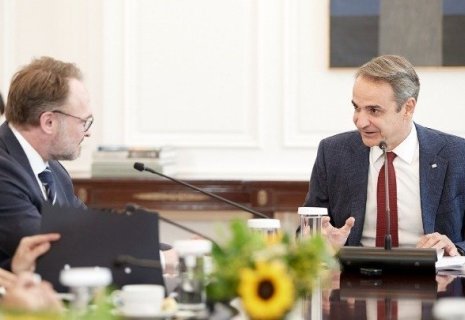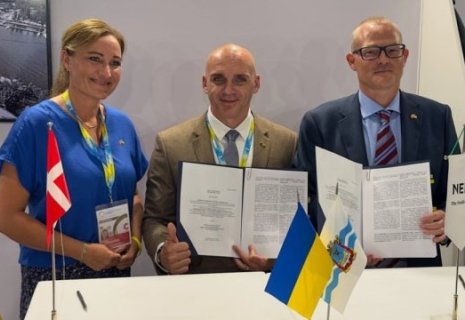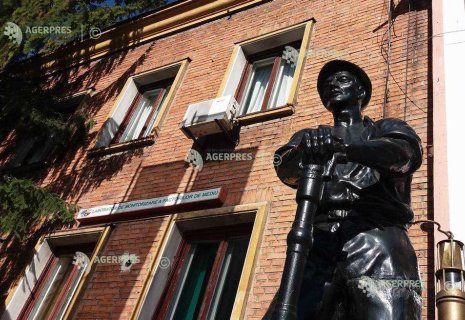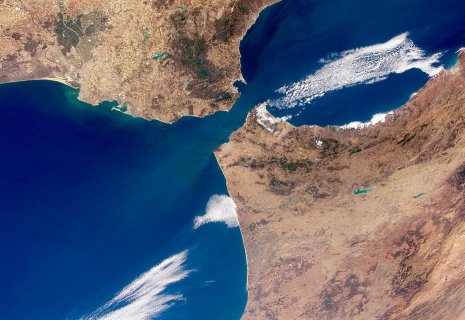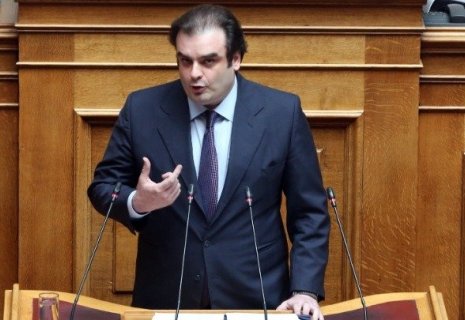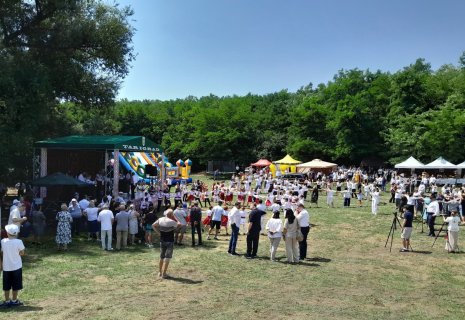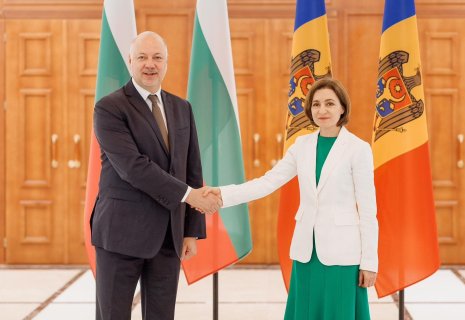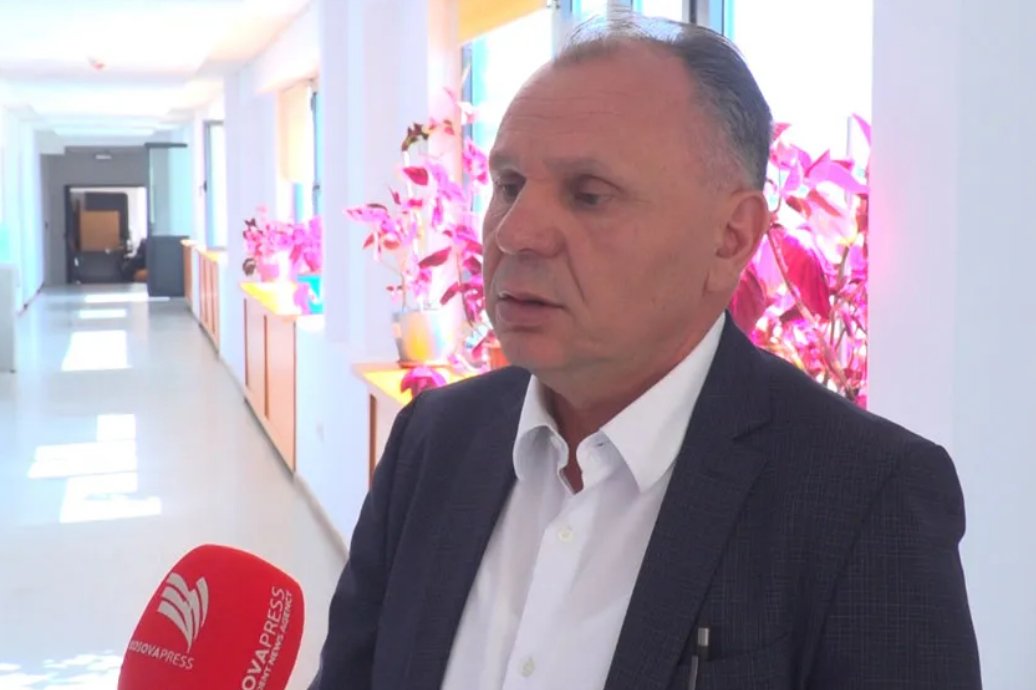
Manufacturers Alarmed as Electricity Prices Soar in Kosovo
Large businesses in Kosovo, especially manufacturing ones, have expressed concern that the bids received for electricity supply after June 1 will increase operating costs unbearably. From the beginning of June, companies with over fifty employees or with a turnover of over ten million euros will be forced to choose their electricity supplier, CE Report quotes Kosova Press.
An alarming example of this was provided by a manufacturing company in Kosovo.
While large businesses in Germany pay around 200 euros per megawatt for energy and those in the region around 100 euros, companies in Kosovo face offers that go up to 260 euros. So double those in the region. All this as a result of the recent decision of the Energy Regulatory Office (ERO), for the open electricity market. So says the owner of the company "Frutex", Shaqir Palushi.
Palushi, in a statement to KosovaPress, warns of immediate consequences for the financial stability of businesses. He emphasizes that the only offer they have received so far comes from KESCO, and that this offer represents an increase of over 200 percent in the price of energy.
He says that for his company, the impact will be almost 1 million euros, compared to last year when they paid 430 thousand euros.
"The decision is quite worrying, because the price and the only offer that has come to us so far from KESCO is unusually high. Namely over 200 percent and this attacks all businesses, but especially those in production, and with the possibility that some of the businesses that are perhaps financially more fragile may even risk reducing the number of employees or perhaps even closing down. Specifically, for our company, the impact will be almost 1 million, respectively the bill. If we base it on last year, we paid 430 thousand euros, while from the new offer, we will have to pay 1 million and 350 thousand euros. This does not endanger the existence of our company, since we export almost 60 percent of the quantity produced, but it is certain that it will reduce our growth and the investments that we foresee in the coming years. This, of course, means that in the long term, it will be reduced, respectively the growth of employees in the future may be more limited," says Palushi.
Businessman Palushi criticizes the lack of other operators in the free market and the fact that most of the companies contacted have not responded or have refused to offer supply. He emphasizes that only KESCO has come up with a concrete offer, while operators such as KEK and Sharr Cem are unable to supply other companies except for their own needs.
He listed some of the negative cases in the company as a result of this ERO decision.
Palushi does not rule out the possibility of increasing the export price, and as he says, any increase in production costs, which in our case goes from three percent to five percent, is also a reduction in the company's profits.
He also expresses disappointment with the manner in which this decision was implemented, calling it unexpected and with late notice, leaving no time for adaptation or investment in energy alternatives. He asks ERO to postpone the decision for at least another year so that businesses can prepare.
Otherwise, this decision has sparked reactions and opposition from other local businesses.
The business community and some political parties are calling for the postponement of ERO's request for an open energy market.
The Kosovo Chamber of Commerce and Industry has warned that it will launch a legal battle to challenge the decision of the Energy Regulatory Office on the rapid liberalization of the energy market, as it is said that it was taken without a proper analysis and without any consultation with stakeholders.

